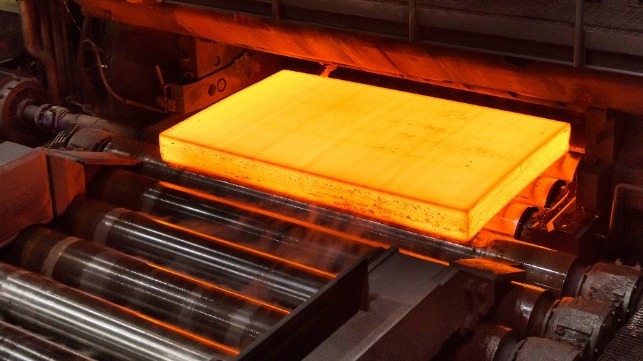Cargotec Takes Decarbonization One Step Further With Fossil-Free Steel

Machinery supplier Cargotec announced Tuesday that it has reached an agreement with SSAB to introduce fossil-free steel in the cargo handling industry. The two firms will start looking at how to incorporate SSAB’s fossil-free steel into Cargotec’s cargo handling equipment.
The move has the potential to reduce the carbon footprint of Cargotec's customers, and for the cargo transport sector, it advances the shared project of decarbonization one step further - beyond just the transition to zero-carbon fuels.
“I am proud that we are paving the way in the cargo handling industry through commitment to using fossil-free steel and have this unique opportunity to work with a forerunner in fossil-free steel development. This is an important step towards our vision of becoming a leader in sustainable cargo flow,” said Mika Vehviläinen, CEO of Cargotec.
Steel and steel components are the main contributors for the CO2 footprint of Cargotec’s value chain upstream emissions, which account for over a third of the firm's total lifecycle emissions. total emissions (including emissions from its own operations, emissions from its supply chain and emissions from the use of its products). Fossil-free steel has a significantly lower environmental impact and contributes towards a carbon neutral value chain.
SSAB's HYBRIT fossil-free iron production system replaces coking coal with clean hydrogen and electricity. It produces sponge iron, a raw intermediate product that can be incorporated into the melt at any steel mill. When fossil-free iron is used to feed a steel mill powered by renewable energy, the result is fossil-free steel. A demonstration-scale plant is scheduled for its first operations in 2025-6, and the company wants to convert completely to the new process by 2045. According to SSAB, the technology's importance will only increase in the future as steel demand is projected to rise. Early adopters include Volvo Group and Mercedes-Benz, which are working on incorporating fossil-free steel into vehicle components.
